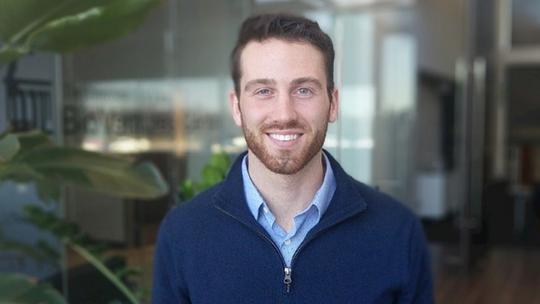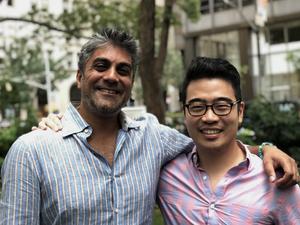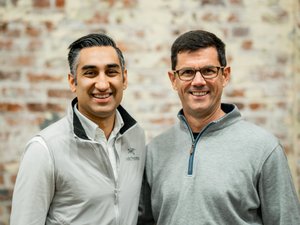
These founders know a thing or two about transplants: Dalton Shaull’s nerve transplant after a motorcycle accident was the opus for the creation of OmniLife, alongside co-founder and CTO Eric Pahl, who had four aunts requiring liver transplants.
The OmniLife team is focused on saving lives and reducing organ waste throughout the transplant journey. A surprising 54% of donated organs are discarded in the US every year, 35% of which are preventable with improvements to the transplant process.
Here’s a look at a typical transplant process to understand what’s happening—and the challenge OmniLife hopes to solve.
Transplant Timeline Challenge
An individual can donate eight organs after their passing. When someone has agreed to be an organ donor, they are assigned a nurse who is specifically trained in end of life care and will continue taking care of the organs for the next 48 hours—the window where the organs can be transplanted into patients.
The nurse will contact a doctor whose patient matches the criteria for the organ and ask whether they approve or deny the organ transplant. On average, this takes about one hour per request per doctor. For eight organs, the time quickly adds up — and frequently moves past the 48-hour viability window for the organ.
Shadowing this process, including through internships with transplant centers and organ procurement organizations, Shaull and Pahl learned there were many inefficiencies in the process that lead to organs being discarded after the 48-hour viability window.
During the process, he found the way doctors, nurses, and patients were communicating was sometimes illegal (e.g. through non-HIPAA complaint platforms like text messaging). This also led to inefficiencies and an inability to track patient information and decision-making throughout the transplant process.
With more than 120,000 people currently on the waitlist and 22 people dying every day before they are matched with an organ, there was an evident need for change in the industry.
Increased Efficiency
OmniLife today provides a database where viable organs and waiting patients can be matched quickly, and communicate securely through the app. The app also allows patients to see information from every healthcare provider during their transplant journey, from their primary care provider who initially diagnosed them to dialysis centers and nephrologists.
“The waitlist for how long people are waiting for a transplant exceeds the amount of time someone can survive on dialysis,” Shaull explained. “The average waitlist time is 3.5 years to get a kidney, but the dialysis center may say you only have 2 years to live. The math doesn’t add up.”
The result? A life-saving hub of information where patients can be informed and take charge of their own transplant journey. In 2018, their first year of operation, they saved 22 lives by matching available organs with patients in need.
This has been a journey for the OmniLife team, as they switched gears from providing a HIPAA-compliant communication platform for doctors and nurses to a more complex, care-centric model. This transition will be fully complete in February 2019, as they unveil their new branding and name (they were previously known as HealthTech Solutions) alongside the expanded features on the platform.
“We went from HIPAA-compliant texting for doctors to being a central hub for information for patients and doctors alike along the transplant journey,” Shaull said.
The platform is currently free for consumers, although Shaull says they expect they will charge a modest fee as small as $10 in the future. Their primary income currently comes from dialysis centers, transplant centers, and nephrology offices.
They are currently in the middle of a $2 million fundraise, which will primarily go to research and development. They are looking to add more engineers and sales representatives to their team in 2019.
Shaull’s team has been a critical advantage in OmniLife’s journey.
“When you focus on doing the right thing, the right people come,” he said. “Always hire within your network if you can; if we can do it in Iowa City, Iowa, then it’s possible to source talent through referrals and networking anywhere.”
He hopes to expand their scope in the Charlotte area, working with local vendors and hiring local talent to fill their team. Of course, they are hoping to get some local investment too.
“Entrepreneurship is built into every city; Charlotte has an abundance of entrepreneurs and efforts like Start Charlotte who have begun to bring people together and break down the silos,” he said.
His advice for aspiring entrepreneurs: be completely invested in your startup journey.
“Don’t try to start a company while you’re working somewhere else, that doesn’t work,” he said. “Don’t go raise money until you’ve put your own money in. And surround yourself with the smartest people you can find in areas key to running and growing a business in your specific target market.”








